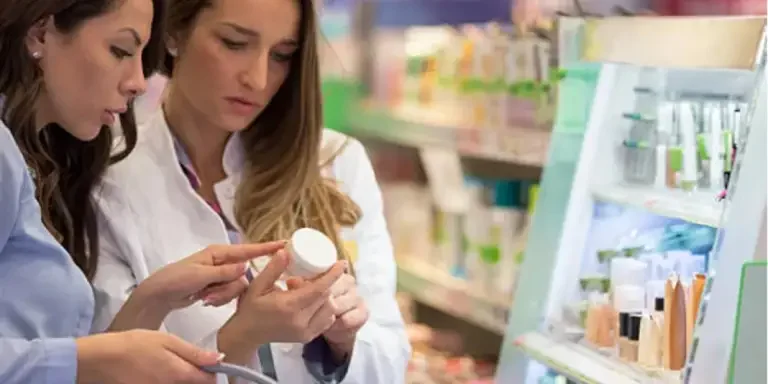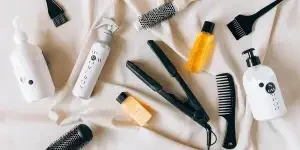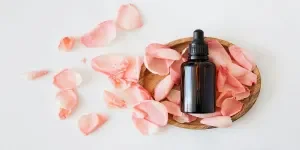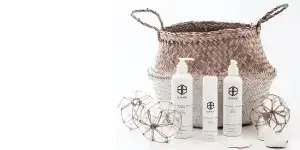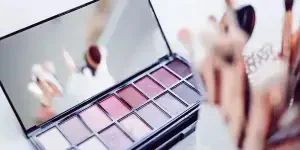Made-to-order beauty is rapidly gaining traction as an innovative retail model allowing brands to offer personalized, waste-reducing products that cater to individual consumer needs. By utilizing advancing technology like AI and machine learning, companies can formulate customized skincare serums, fragrances, cosmetics and more based on factors ranging from skin type and tone to lifestyle and preferences. This approach also boosts inclusivity, with underserved demographics receiving products tailored specifically for them. As consumers increasingly demand hyper-personalization and conscious consumption, made-to-order solutions present an opportunity for brands across categories to reduce excess inventory while providing efficacy, sustainability and an elevated customer experience.
Table of Contents:
1. Innovations in custom skincare solutions
2. Slow fragrance for conscious consumers
3. Promoting inclusivity through personalization
4. The potential of customizable cosmetics
5. Final thoughts
Innovations in custom skincare solutions
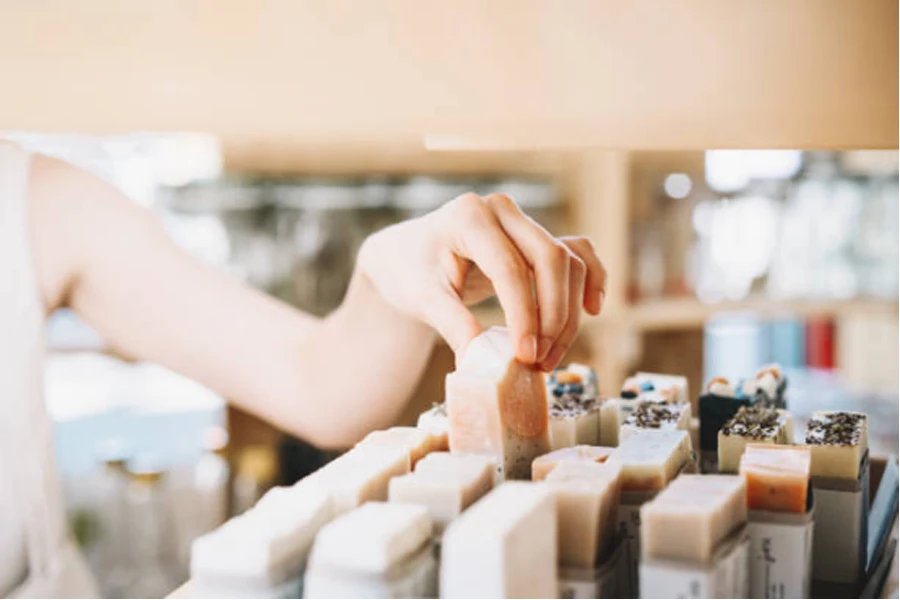
The skincare category is seeing exciting innovations in made-to-order products powered by advancing tech. AI-driven customization allows brands to formulate hyper-personalized serums based on individual skincare needs and preferences. By analyzing selfies and questionnaires, algorithms can detect factors like skin type, tone, and sensitivity to design bespoke products. Brands like South Korean conglomerate Amorepacific’s Custom.me and Proven in the US are utilizing this tech to take the guesswork out of skincare and deliver maximal, targeted results.
Dermatologist-designed brands are also expanding into prescription skincare custom-made for each user. These planet-friendly solutions come in minimal, waste-reducing packaging aligned with the made-to-order ethos. UK-based Skin + Me packages its tailored daily serum in an aluminum bottle containing the exact monthly dose. The unique twist-click dispenser releases just the right amount of product needed per day.
Beyond topicals, brands are exploring holistic inner-outer skincare through personalized supplements. Neutrogena and UK supplement brand Nourished have partnered on SkinStacks – 3D-printed gummies with skin-enhancing nutrients tailored to each user based on their unique Skin360 app analysis. DNA testing takes customization even further, with brands like Belgium’s Nomige and UK’s DNAfit formulating one-of-a-kind supplements to address genetic nutritional deficiencies. As technology unlocks new opportunities in bespoke beauty, skincare is leading a revolution in efficacy and sustainability.
Slow fragrance for conscious consumers
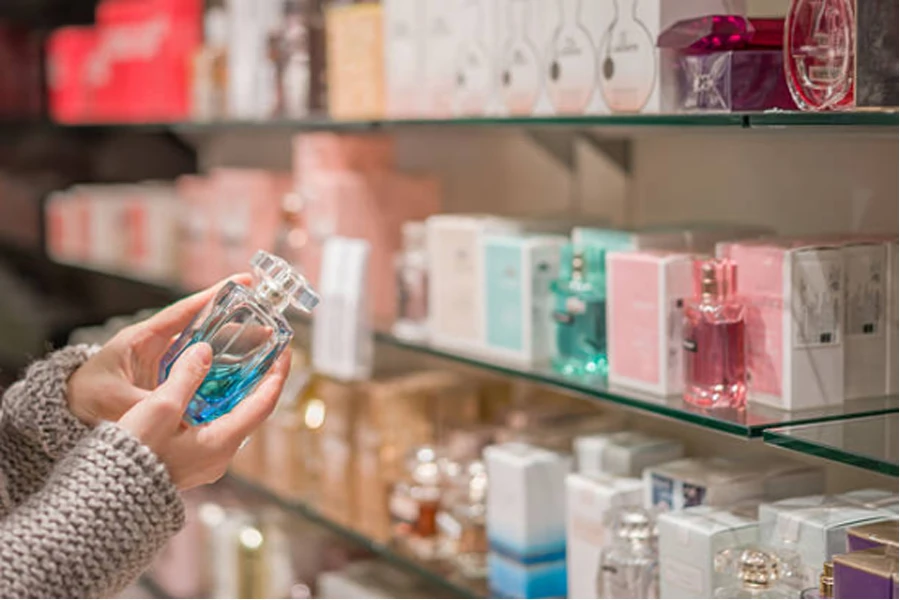
In the fragrance category, natural and indie brands are capturing eco-conscious Gen Z and Millennials through made-to-order scents produced in limited batches. This appeals to younger generations who view fragrance as an expression of identity and crave differentiation. Brands are embracing seasonality and exclusivity to align with shifting attitudes.
UK-based Ffern epitomizes this through its ledger program – customers receive four seasonal fragrances yearly, blended and barrel-aged on-site in Somerset. Production is capped based on ledger enrollment, selling out when inventory is depleted for an aura of scarcity. Belgium’s Kamila Aubre also produces micro-batches of botanical perfumes, never exceeding 10 units to retain artisanship.
Allowing direct consumer participation, Experimental Perfume Club empowers shoppers to mix their signature scent either with perfumers or in at-home kits. Users select from preexisting fragrances to combine into a custom formula that can be reordered.
Brands are also harnessing tech to attach sentimental meaning to smells via memory. NoOrdinary in Sweden captures highly personal recollections through an AI robot that evaluates images to design one-of-a-kind perfumes. As younger generations demand products resonating with their identities, indie fragrance brands are positioning made-to-order as the future of sustainable, emotional and evocative scent.
Promoting inclusivity through personalization
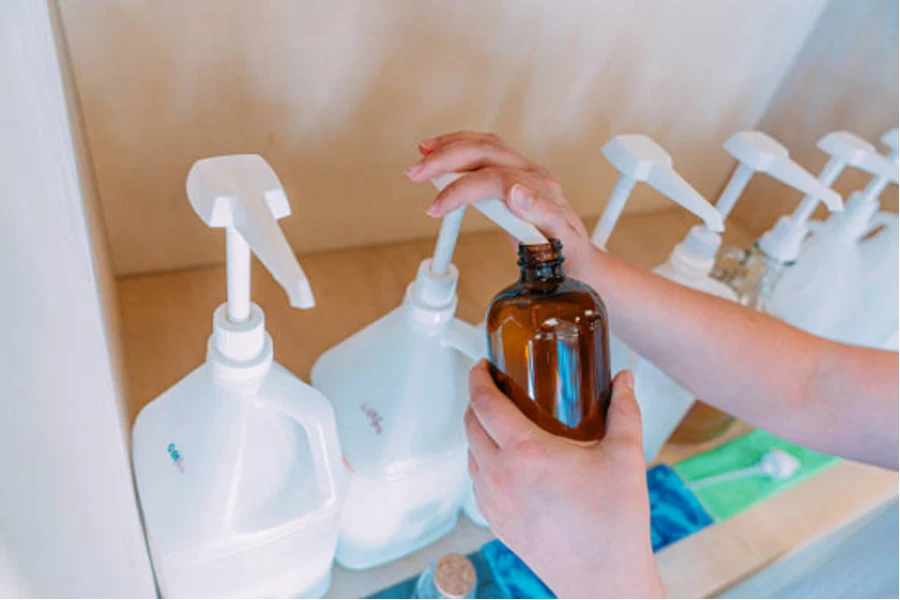
Made-to-order beauty allows for greater diversity and inclusion by expanding product ranges to serve demographics overlooked by mainstream brands. Through customization, companies can increase shade offerings for BIPOC consumers and cater to a multiplicity of hair types and skin tones. AI-powered personalization also improves accessibility by mitigating unsuitable product choices.
Yuty demonstrates this by matching users to their ideal items after analyzing genetic, lifestyle and environmental factors. The algorithm scans products to provide tailored picks that regularly update with the user’s changing needs. This technology removes barriers and simplifies product selection.
In color cosmetics, inadequate foundation shades continue plaguing inclusion. However, brands like UK’s Dcypher are addressing this through made-to-order custom blending. Users submit images of their skin which are run through a patent-pending mixer to create the perfect match per their coverage and finish preferences.
Beyond products, platforms are also employing personalization to better serve marginalized communities through education and advice. Carra offers hair coaching for those with afro and curly textures, while Oak has an in-depth hair profiling tool specifying care instructions and compatible products for different hair types.
By tapping into inclusive customization, brands can severely reduce excess inventory from unsuitable shades while making beauty more welcoming for all. Putting diversity and self-expression first is imperative.
The potential of customizable cosmetics
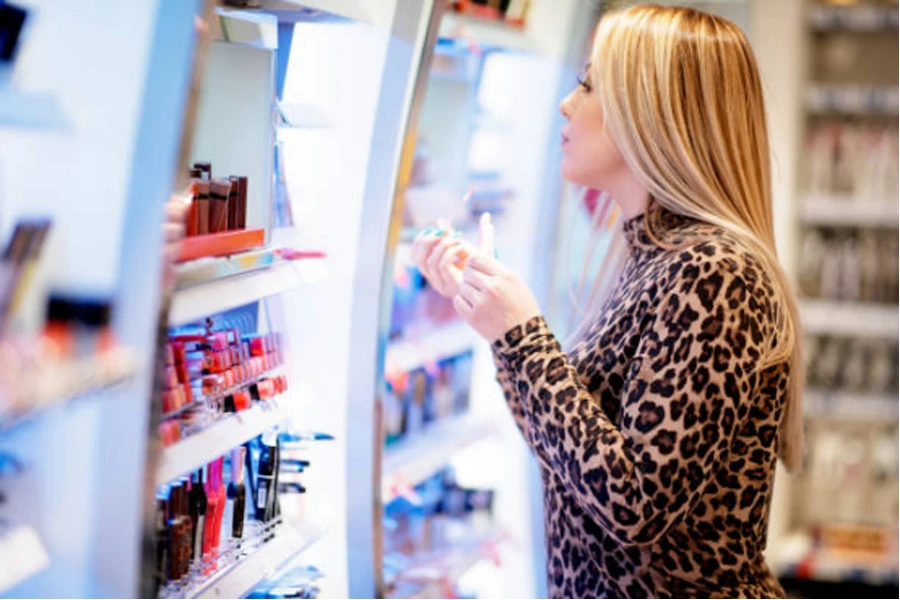
Cosmetics present a major opportunity for waste reduction through made-to-order customization. With 120 billion units of packaging generated yearly, enabling consumers to purchase only what they need could significantly lower excess inventory. The more a product resonates with user preferences, the less likely returns or non-use also become.
Refillable packaging incentivizes repurchasing customized products. F.S. Korea’s It’s Go Brush features replaceable components in the user’s choice of colors. MOB Beauty takes a different approach, allowing shoppers to build their own refillable, biodegradable palettes showcasing ethical ingredients.
French brand La Bouche Rouge brings custom color cosmetics to lip products – clients pick from hundreds of shades for their lipstick case. Adding a personalized name provides a playful final touch. Stateside, Lip Lab offers in-store consultations to test and name custom lip colors that can then be reordered directly.
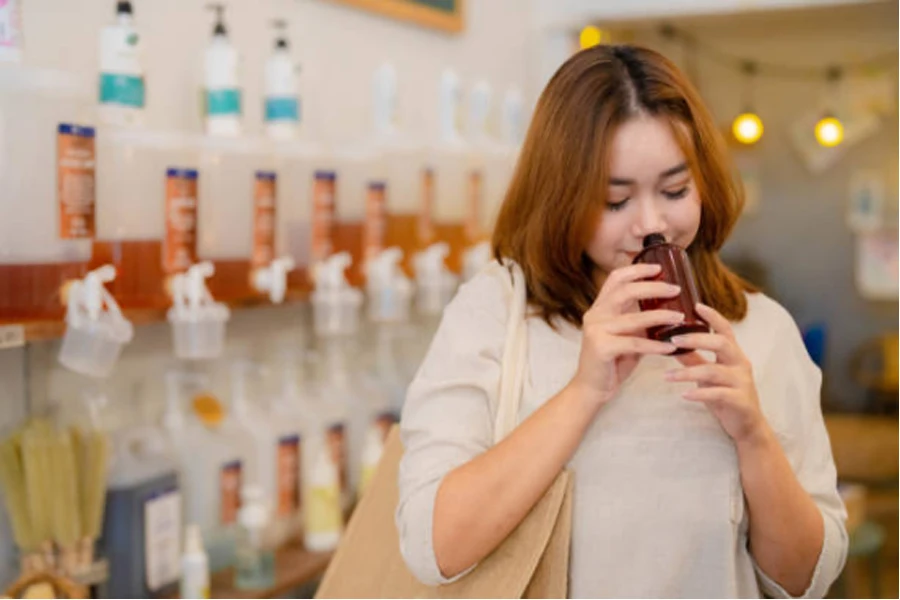
Looking ahead, tech-based solutions could provide unlimited customization opportunities and give consumers creative license. YSL Beauty’s Rouge Sur Mesure device houses a patented system turning three pigments into over 4,000 potential shades using proprietary cartridges. As formulations, packaging, naming and more become customer-driven, cosmetics brands embracing imaginative made-to-order solutions will futureproof growth.
Final thoughts
Made-to-order allows brands across beauty categories to offer exceptional personalization and efficacy while eliminating excess inventory and waste. By harnessing advances in customization technology and reusable packaging, companies can formulate products catering to individual consumer preferences for skin type, hair texture, scent profiles and more. While sustainability remains a key driver, made-to-order also unlocks newpossibilities for self-expression, inclusivity and emotional resonance through beauty. As consumer values continue shifting towards conscious consumption, bespoke products provide an innovative solution seamlessly aligning business, experience and environmental interests.
